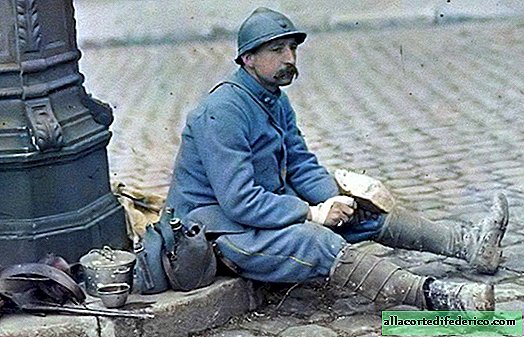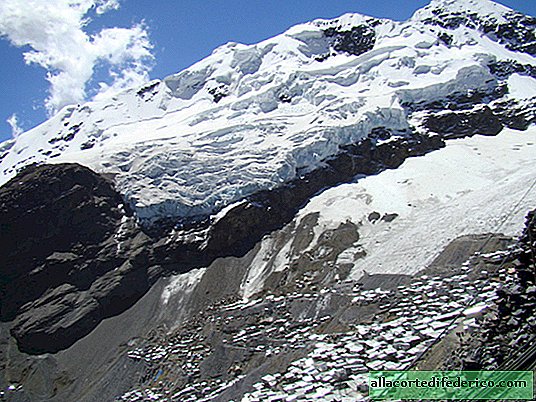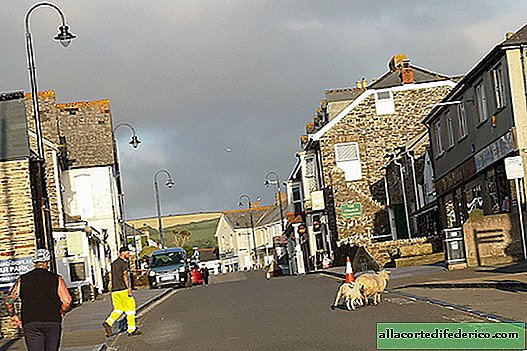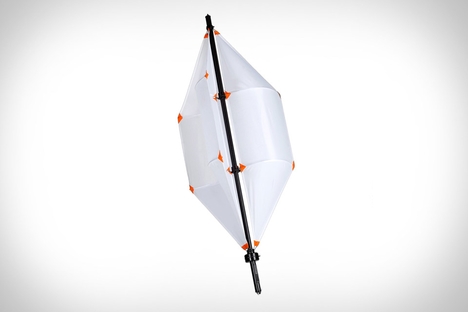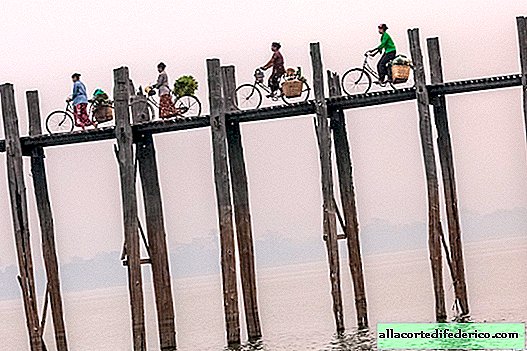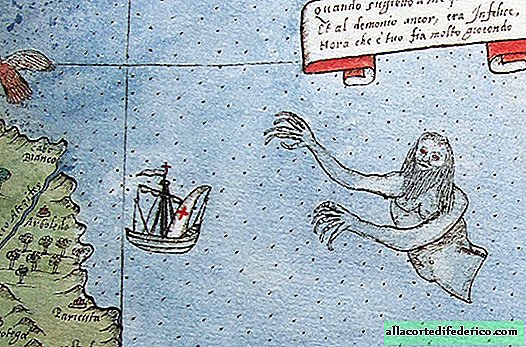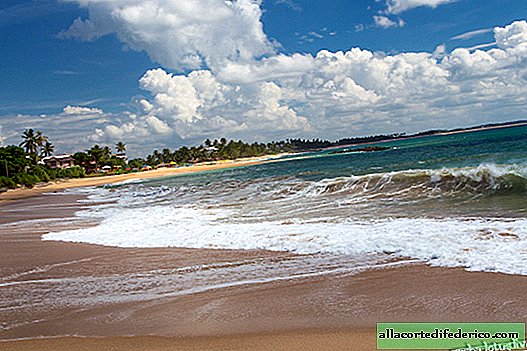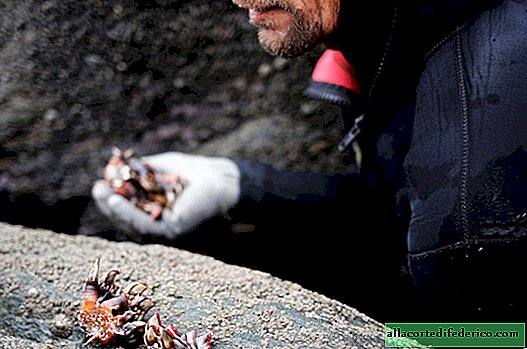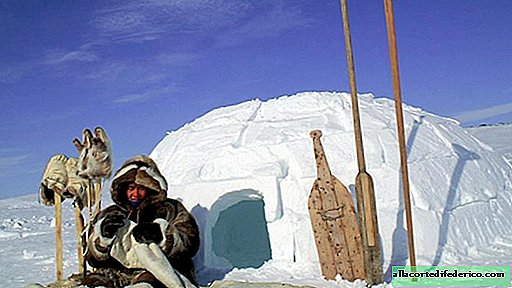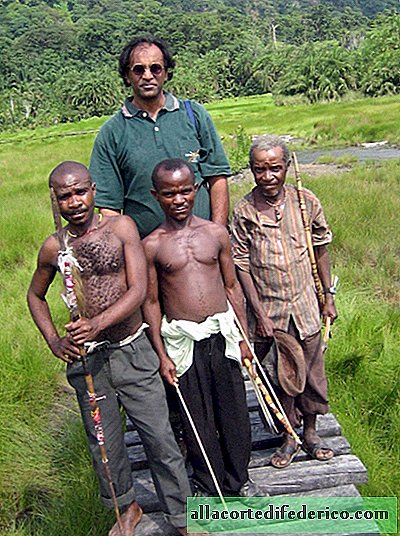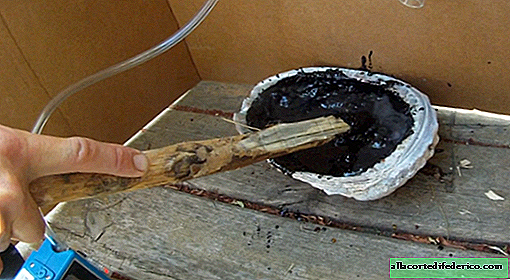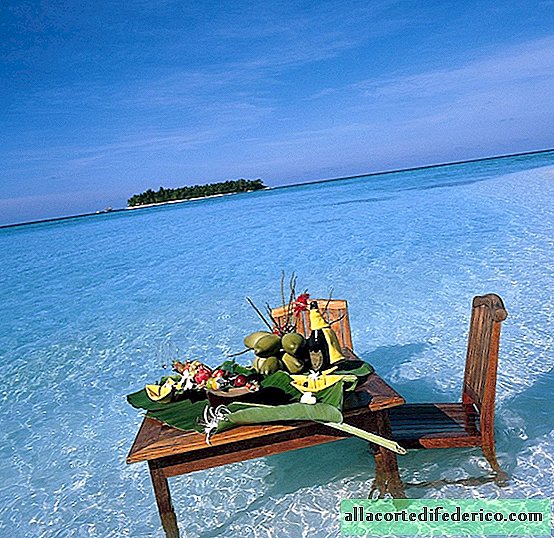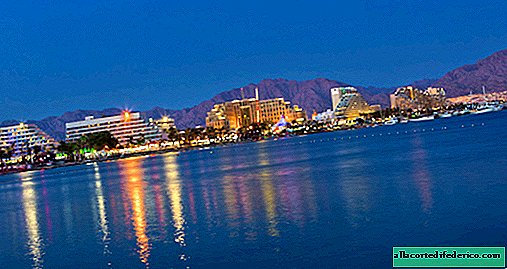Take literally: how the names of different countries are translated
We have all heard about these states more than once, we even visited many of them, because they are very popular among tourists and travelers around the world. But surely none of you thought why this or that country bears such a name, what meaning is enclosed in these letters, and for what reasons it was named that way. Today we want to talk about this in a nutshell.
Argentina

Once the Spaniards, having discovered the river Rio de la Plata, found that it was full of silver. So the name Argentina appeared - from Latin argentum - "silver".
Netherlands

The Netherlands translates as "Lowlands" because most of the country's territory is below sea level. Holland is the country's second common name, but this is not entirely true. Only two regions of the Netherlands have long been called Holland. Historically, these were the most developed provinces and the most famous outside the Netherlands, therefore, in many languages, the whole country was often called Holland.
Hungary

The name of this state comes from the Bulgarian-Turkic word onogur used for the Hungarians, which means “ten tribes” or “ten arrows” (ie seven Hungarian tribes plus three Khazar tribes that later settled in the Carpathian basin). Hence the name Hungary.
Brazil

Once a huge amount of expensive mahogany was exported from Brazil to Europe, the color of which resembles hot coals, and from Portuguese brasa just translates as "coals."
Spain

Previously, a huge number of rabbits lived on the Spanish coast. The Phoenicians, having landed on the shore of the Iberian Peninsula, mistook rabbits for damans, giving the country the name I-shapan-im - "Daman Coast".
Later from this name came Latin Hispania and modern Spain.
Costa Rica

The most popular version of the origin of the name Costa Rica is associated with Columbus. He noticed that the Indians on the coast wear a lot of gold jewelry, so this region began to be called "rich coast". That is how the words Costa Rica are translated.
Luxembourg

Luxembourg used to be a modest fort. From German, his name translates as "little fortress." Having become the center of the union of abbeys and lands, the fort gave the name to the whole country.
Cameroon

Once in Central Africa, Portuguese seafarers discovered many shrimp in the river and named it Rio dos Camaroish, which means “shrimp river”. Then Kamaroish turned into Cameroon.
Liechtenstein

The lands conquered by the Austrian prince Hans-Adam Liechtenstein became the state and were named in his honor.
Vatican

A tiny state in the center of Rome is located on the Vatican Hill, where its name comes from. The name of the hill, by the way, translated from Latin means "prediction, prophecy", oracles and diviners gathered here.
Moldova

Some say that the river in Moldova, and then the Principality of Moldova, is named after the beloved dog of the first governor, Molda, who died during the hunt. Others refer the name to the ancient German word mulde, which translates as "hollow."
Romania

Once the land here was under the rule of the Roman Empire, the neighbors called them that: "Roman lands." Hence the name of the state.
Namibia

The country got its name from the Namib desert, which is translated from the Nama language as "a place where there is nothing."
Iceland

Iceland translates as "icy land." So it was called by the Normans, who came here in the 9th century. And yet, Iceland is much warmer than Greenland, whose name translates as "green land."
Venezuela

Such a name was given to this state by Amerigo Vespucci, to whom the region reminded "little Venice" (Venezuela it is translated from Italian).

